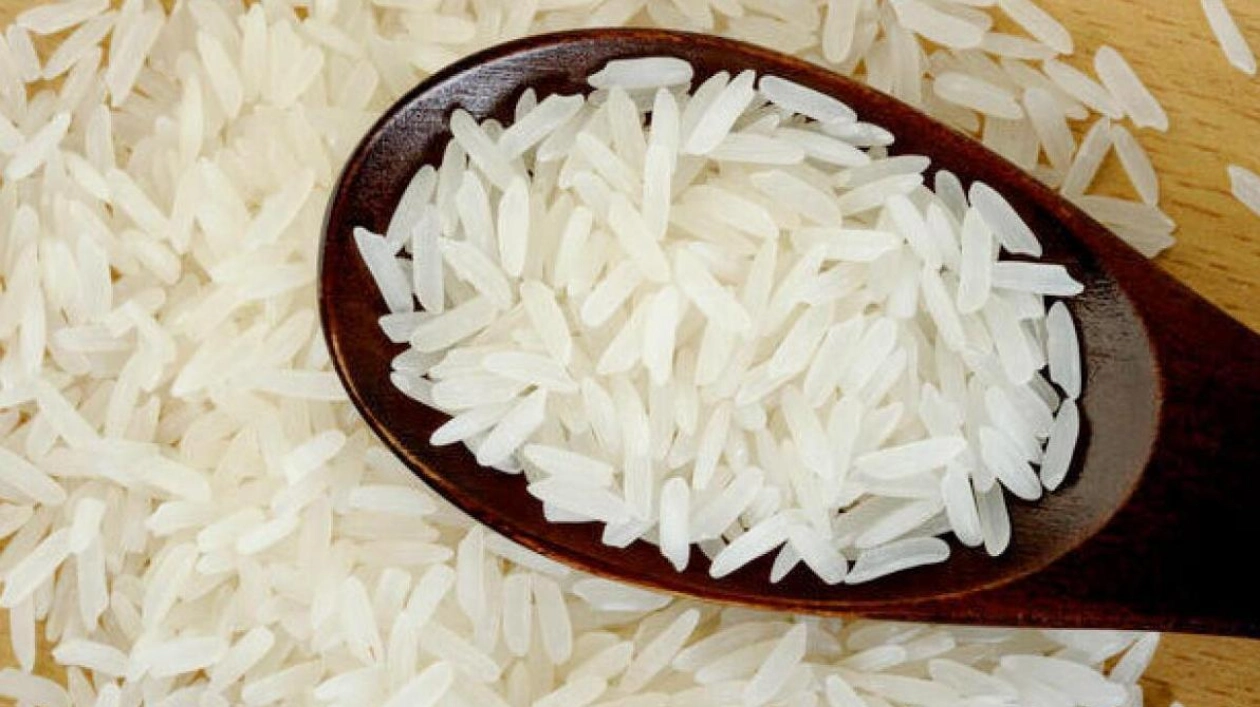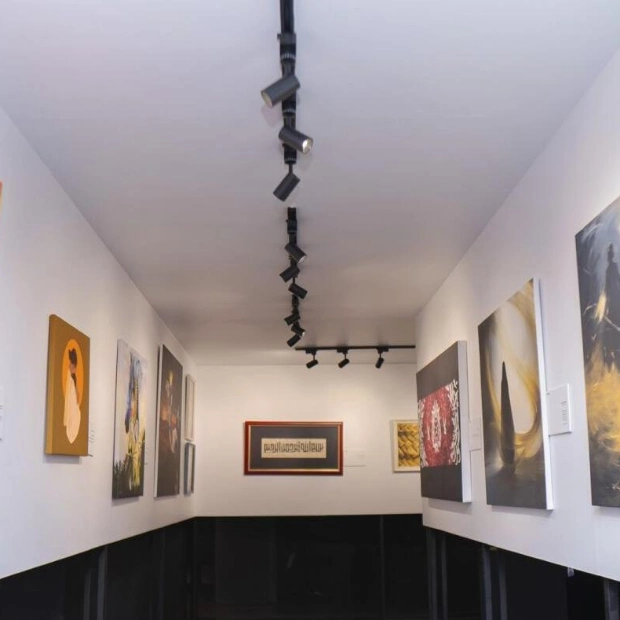Non-basmati rice prices in the UAE are anticipated to decline by approximately 20 percent following India's lifting of the export ban on the commodity. India is the primary supplier of rice to the UAE, exporting millions of tonnes of both basmati and non-basmati rice annually. On Saturday, India rescinded the blanket ban on non-basmati white rice exports, establishing a floor price of $490 (nearly Dh1,800) per tonne and eliminating the export duty due to a bountiful harvest in the South Asian nation. The announcement by India's Ministry of Commerce and Industry on September 28, 2024, stated that the decision is effective immediately.
"This change is expected to result in a significant price drop—roughly 20 percent—in the UAE market very soon," commented Dr. Dhananjay Datar, chairman of Al Adil Supermarkets. "In the UAE, non-basmati rice is one of the fastest-selling items, constituting approximately 70 percent of the market share. Popular varieties such as white rice, Sona Masuri rice, Jeerakashala rice, and parboiled rice are highly sought after. Considering that India is the largest exporter of non-basmati rice to the UAE and that the UAE functions as a major global re-export hub, this development presents exciting opportunities for traders," said Dr. Datar, also known as the Masala King.
In addition to India, Thailand and Pakistan are other significant rice exporters to the UAE, which is the world's largest re-exporter of rice. Indian government data revealed that rice exports fell by nearly 25 percent during the first four months of the current fiscal year starting in April. The abundant crop this year has prompted the Indian government to permit exports of the commodity, which will help stabilize prices in the domestic market and generate foreign exchange for the country.






